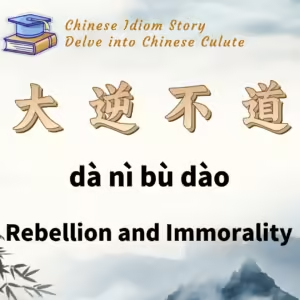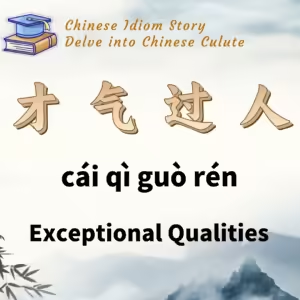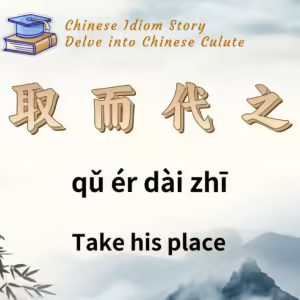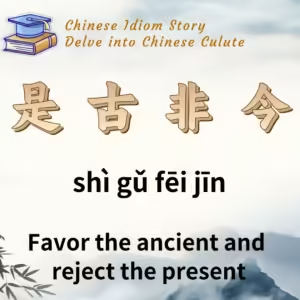
Chinese Idiom: 大逆不道 (Da Ni Bu Dao)
English Translation: Rebellion and Immorality
pīn yīn: dà nì bù dào
Idiom Meaning: Originally, it referred to acts of rebellion and severe violations of feudal ethics. Nowadays, it also signifies actions and words that gravely undermine moral standards. “逆” means rebellious, and “道” refers to morality.
Historical Source: “Records of the Grand Historian” by Sima Qian, specifically “The Annals of Emperor Gaozu.”
Idiom Story:
Xiang Yu played a significant role in history. His greatest contribution was overthrowing the tyrannical Qin Dynasty during China’s first major peasant uprising. This was especially notable when the uprising led by Chen Sheng and Wu Guang was close to defeat, the main forces of the Chu army had been decimated, and the general Xiang Liang had died. The state of Zhao was besieged and on the brink of collapse. In short, the momentum of the peasant uprising was reversing, and the Qin rulers were regaining control. At this critical juncture, Xiang Yu, with extraordinary talent and determination, managed to crush the main Qin forces, accomplishing what Chen Sheng and Wu Guang could not.
However, Xiang Yu failed in the subsequent struggle between Chu and Han. Sima Qian, in “The Annals of Xiang Yu,” outlines four reasons for Xiang Yu’s failure: abandoning Guanzhong and Qin territories to establish his capital in Pengcheng (modern Xuzhou, Jiangsu); exiling King Huai of Chu and declaring himself Hegemon-King; relying solely on his own wisdom without learning from ancient sages; and attempting to unify the country through sheer military force. Although these reasons might not be the main causes from a modern perspective, they significantly contributed to Xiang Yu’s downfall.
For instance, in 205 BC, after exiting the Hangu Pass, Xiang Yu ordered King Huai to be relocated to Chencheng in the Changsha Commandery (modern Chenzhou, Hunan), and later had him killed in the Jiangnan region. Liu Bang exploited this event by mourning King Huai and rallying the various feudal lords to oppose Xiang Yu. According to “The Annals of Emperor Gaozu”:
In March, Liu Bang led his army across the Yellow River from Linjin Pass. The King of Wei, Wei Bao, surrendered to Liu Bang. Subsequently, Liu Bang captured Henei and captured King Yin, Sima Ang, establishing the Henei Commandery. Moving south, he crossed the Pingyin Ford and arrived at Luoyang. In Xincheng, south of Luoyang, the officials in charge of education and customs narrated the circumstances of King Huai’s death to Liu Bang. Upon hearing this, Liu Bang wept openly, mourning King Huai for three days. He then sent envoys to inform all the feudal lords, declaring: “King Huai was the ruler we all supported, to whom we all pledged allegiance. Now, Xiang Yu has exiled and killed him in the Jiangnan region. This is an act of rebellion and a severe breach of moral order. I have mourned King Huai, and all the lords must don mourning attire. We will muster all forces from Guanzhong, recruit soldiers from the Three Rivers, and march south along the Yangtze and Han Rivers to punish the one who murdered King Huai.”
Later, “大逆无道” (great rebellion and immorality) evolved into the idiom “大逆不道” (rebellion and immorality), signifying severe violations of moral norms.






